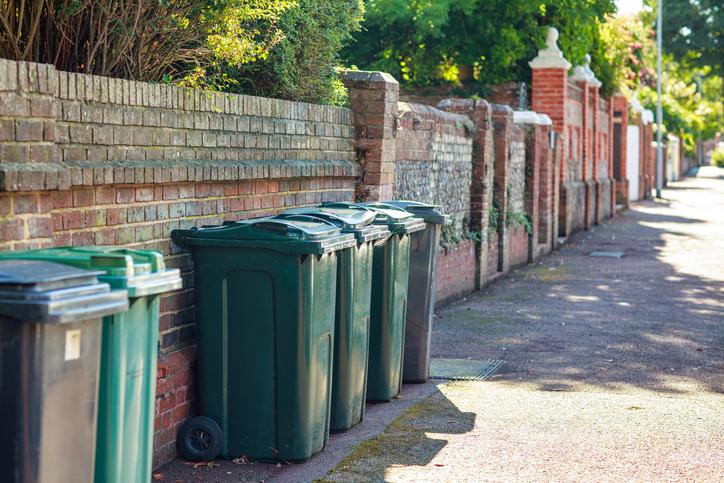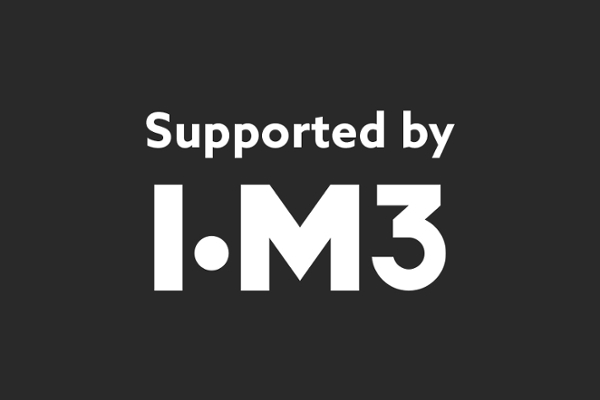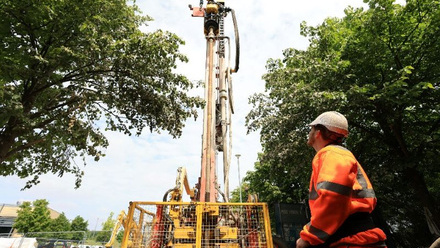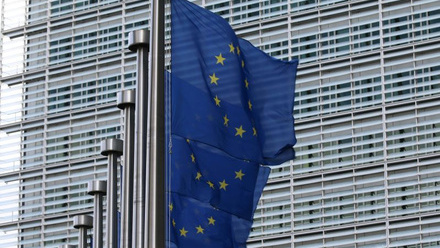Consistency in household and business recycling collections in England published
Defra has today (7 May 2021) published the consultation on ‘Consistency in Household and Business Recycling Collections in England.’

According to DEFRA, every home in England will receive easier and more consistent recycling collections, under new plans to boost recycling and protect the environment, helping to reach the target of eliminating all avoidable waste by 2050.
They also add that the proposal will end the confusion for millions of homes and businesses having different collections in different areas, helping households recycle more and send less waste to landfill.
Overview of consistency in household and business recycling collections in England:
Increasing consistency in recycling aims to reduce confusion in the materials that can be collected for recycling at kerbside. Following on from the 2019 consultation, this consultation details specific policy proposals for increasing consistency in recycling collected from households, businesses and other organisations.
The consultation proposes that all local authorities will be required to separately collect:
- glass bottles and containers – including drinks bottles, condiment bottles, jars
- paper and card – including newspaper, cardboard packaging, writing paper
- metal packaging – including steel and aluminium tins and cans, metal foil, foil trays and metal aerosols cans
- plastics – including bottles such as clear drinks containers, high-density polyethylene (HDPE; e.g. milk containers), detergent, shampoo and cleaning products; plastic pots, tubs and trays; plastic film and flexible packaging; and food and drink cartons
- food waste
- garden waste
It also seeks views about exemptions, statutory guidance and transition timelines for local authorities and businesses.
This consultation is the third set of packaging and collections reform proposals alongside UK wide Extended Producer Responsibility (EPR) for packaging and introducing a Deposit Return Scheme (DRS) in England, Wales and Northern Ireland.
IOM3 CEO Colin Church FIMMM CEnv, commented, ‘A key part of the process of getting good quality materials for recycling is how they are collected initially. Although few of our members will be involved professionally in household and business collections directly, there is a link to our wider work on extended producer responsibility and deposit return schemes, we therefore welcome this consultation and encourage those of our members with a strong interest in this area to respond directly to Defra.
To help IOM3 members digest the EPR and DRS consultations, IOM3 is working collaboratively with a range of partners to put on a series of webinars looking at the key proposals and implications. Please see below to register your free place.
IOM3 has also produced an on-demand explainer of the EPR and DRS consultations and held an online event with a host of fantastic speakers looking in more detail at the materials-specific implications. Register for free and view the on-demand session and recorded event.
To share your views and contribute to the IOM3 responses on EPR and DRS, please contact [email protected]
Consultation links:
Consultation on Consistency in Household and Business Recycling Collections in England
https://consult.defra.gov.uk/waste-and-recycling/consistency-in-household-and-business-recycling
Closing: 4 July 2021
Consultation on introducing Extended Producer Responsibility (EPR) for packaging
Consultation on introducing a Deposit Return Scheme in England, Wales and Northern Ireland
https://consult.defra.gov.uk/environment/consultation-on-introducing-a-drs/









